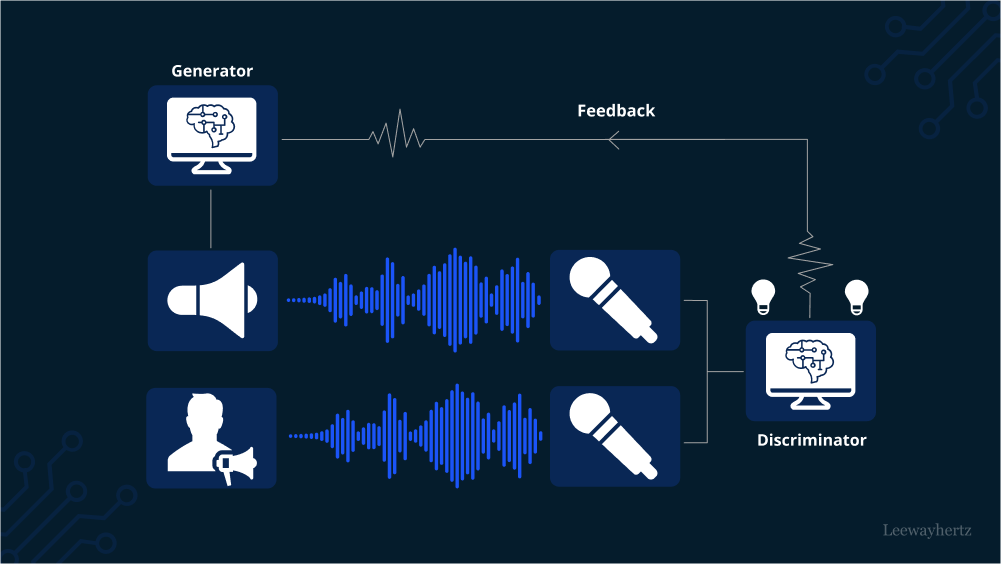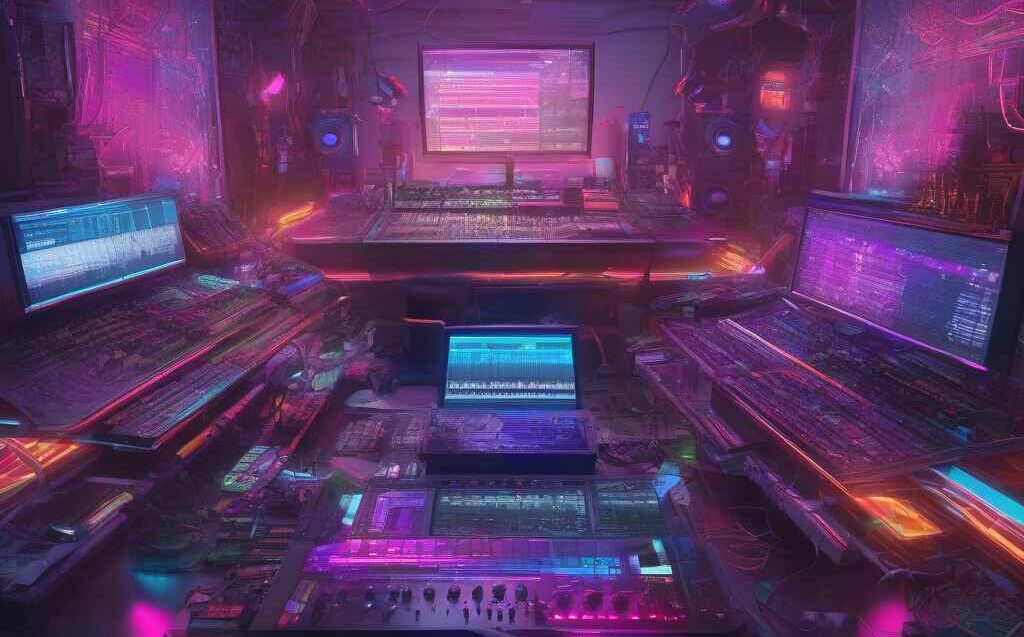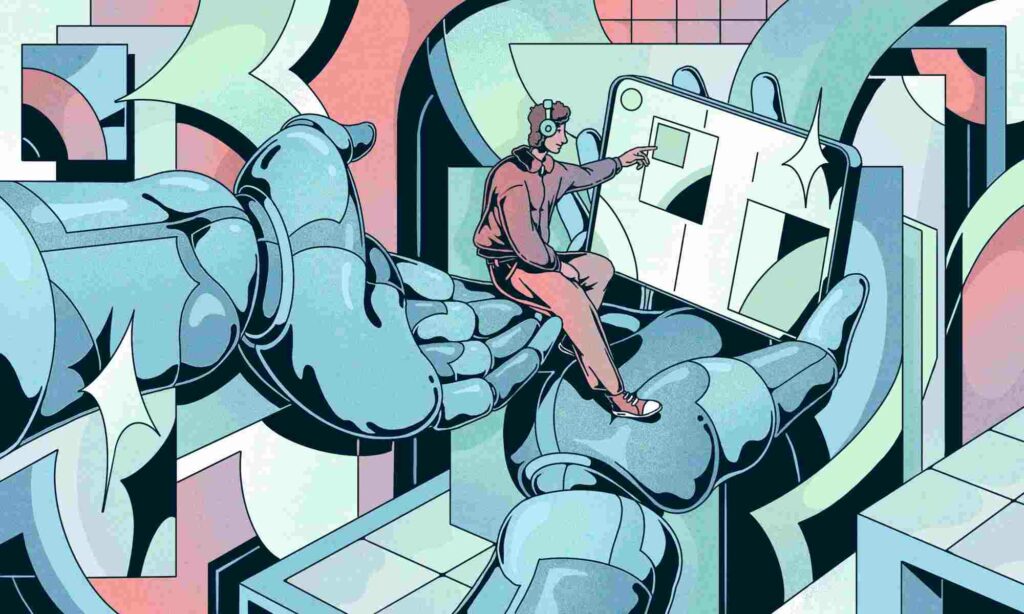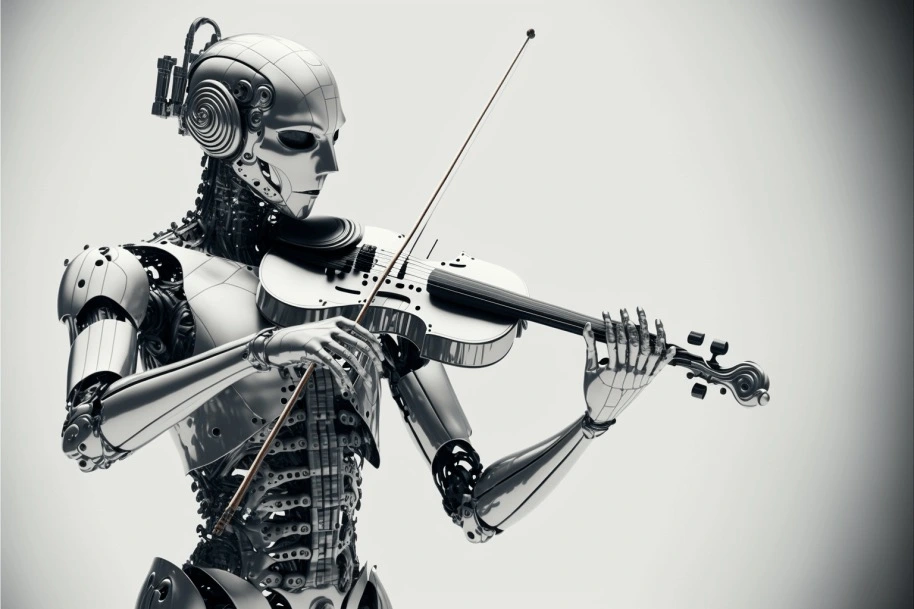INDUSTRY
AI in Music Production: Benefits, Concerns, and the Future
AI has brought about some truly revolutionary changes in the way we perceive and experience the world around us. It has impacted every industry and transformed how we interact with technology and each other. The music industry is no exception to this shift towards a new era of innovation, with AI-based music being one of the most exciting developments to date.
1. Generative Models and Musical Styles

2. Music Mixing and Production

3.Accessibility and leveled Playing Field

A particularly transformative aspect of AI in music is its ability to make the creation and appreciation of music more accessible to individuals who might otherwise face barriers. There are a growing number of AI-based music software and applications that provide individuals with the opportunity to create and engage with music in new and meaningful ways. These tools can help those with disabilities participate in making music, ultimately breaking down barriers and ensuring that everyone has the potential to access and express themselves through music. This inclusivity and accessibility are profoundly impactful advancements in the field of music education and expression.
4. The Future Prospects of AI-Based Music

As technology continues to evolve, we can only begin to imagine the future prospects of AI-based music. Virtual artists powered by AI are already disrupting the music industry, showcasing the potential for entirely new forms of musical performance and interaction. These virtual artists, known as “virtual idols” or “Vtubers,” combine advanced graphics and AI-based animation with music creation and live performance capabilities. They have gained significant popularity in parts of Asia and are expanding globally, changing the way artists and audiences connect and pushing the boundaries of what it means to be a musical performer.
Beyond music generation and performance, AI-based music technology can also help to bridge cultural gaps and bring people together through a shared love of music. By transcending language barriers and country borders, AI has the potential to unlock new ways of connecting people through the universal language of music, promoting collaboration, and fostering a more empathetic and connected world. As we look ahead, AI’s role in music continues to be a topic of excitement, curiosity, and debate, but one thing is certain: it has the potential to revolutionize the music industry on a scale never seen before.
While AI-based music may not be a replacement for human creativity and expression, it can serve as a tool to push the boundaries of what is possible, opening up exciting avenues for collaboration, innovation, and exploration. As we continue to witness the integration of AI with music, we are witnessing the beginning of a new era, a new rhythm, and a new resonance that will define the music industry of the future.

